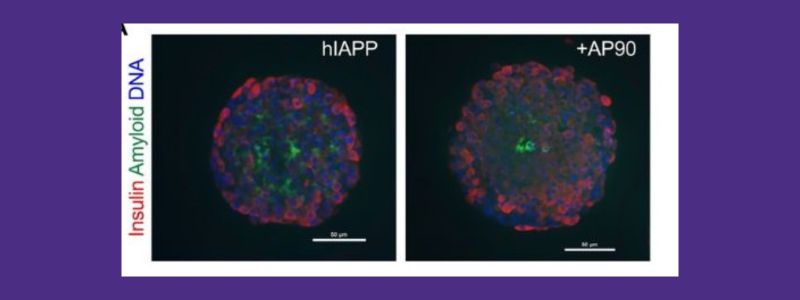In an interview with UW News, UW Bioengineering Professor Valerie Daggett discussed groundbreaking research on protein aggregation in Type 2 diabetes and Alzheimer’s disease. The research was recently published in Protein Science and is the product of a collaboration between the Daggett group and the lab of Steven Kahn (UW Medicine). The paper highlighted the similarities between the two diseases, both part of a family of amyloid diseases characterized by protein aggregation and the formation of toxic oligomers (small aggregates or clusters). Daggett explained how toxic oligomers comprised of islet amyloid polypeptide, or IAPP, form early in the disease process, leading to cell damage and eventual symptoms. The interview focused on the significance of a synthetic peptide the researchers used to neutralize these toxic protein oligomers. It potentially offers therapeutic benefits for Type 2 diabetes patients by protecting pancreatic beta cells from damage caused by toxic IAPP oligomers. This research opens new avenues for understanding and treating Type 2 diabetes, a disease affecting millions worldwide.


